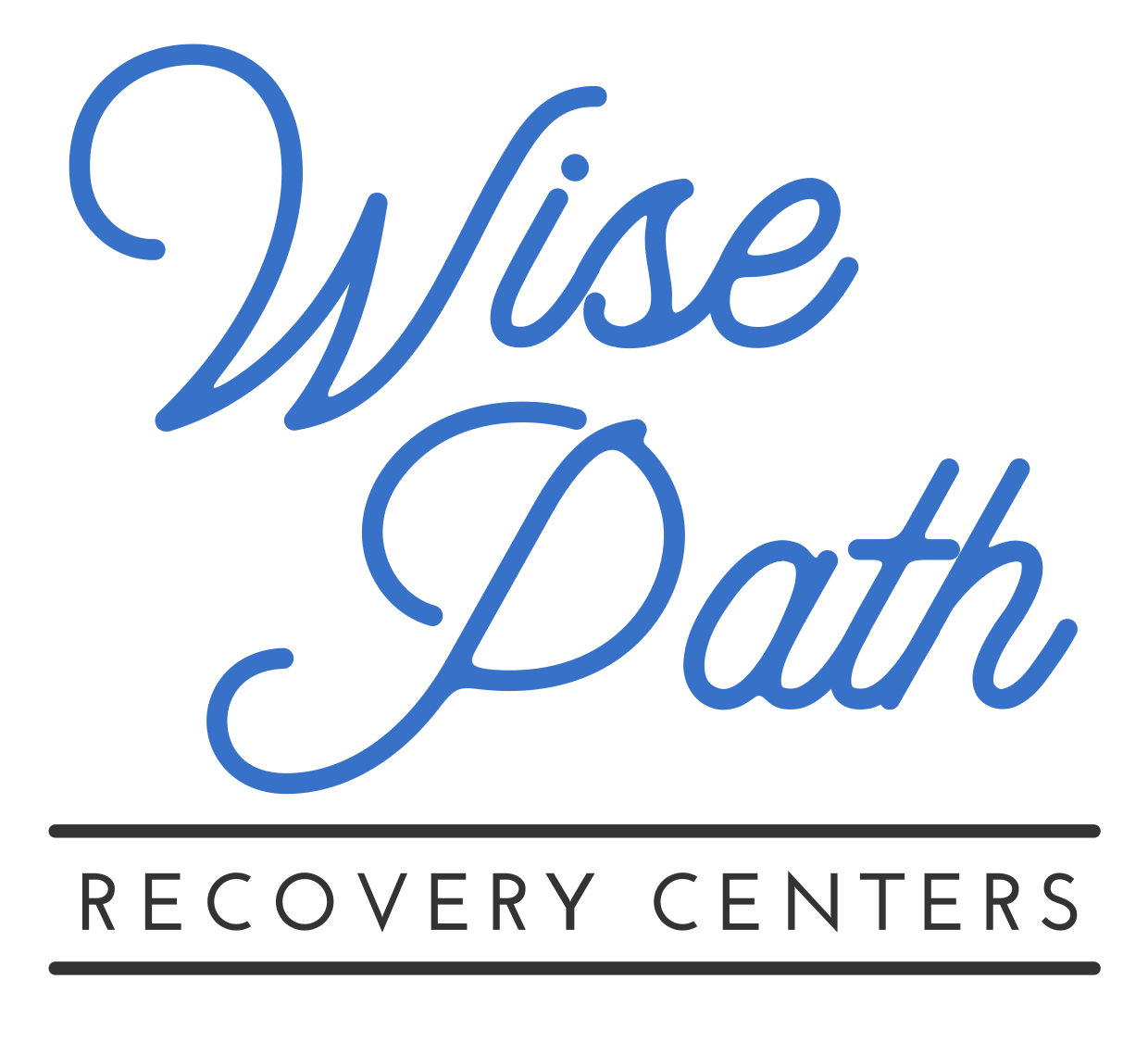While substance abuse can affect someone from any walk of life, nurses, in particular, face unique stressors that can make them vulnerable to addiction. While they are often the ones helping others recover, many nurses quietly struggle with drug or alcohol problems themselves. Understanding the reasons behind substance abuse in nursing, recognizing the signs, and knowing where to turn for help can make all the difference.
The Pressure of Nursing and Its Link to Substance Abuse
Nursing is an incredibly demanding job. Long shifts, emotional strain, physical exhaustion, and the pressure to always perform can build up over time. Many nurses also face trauma on the job, especially those working in emergency rooms or intensive care units. When coping skills are stretched thin, some nurses may turn to alcohol or prescription drugs to deal with stress, pain, or burnout.
Access is another factor. Nurses often have direct access to controlled substances, which may increase the temptation to self-medicate. This doesn’t mean every nurse is at risk, but the combination of stress, fatigue, and availability can put some in a dangerous situation.

Warning Signs of Substance Abuse in Nurses
It’s not always easy to tell when someone is struggling with addiction, especially in a professional setting. When it comes to nurses and substance abuse, nurses are trained to stay calm and collected, which can make it easier to hide their struggles. But over time, certain patterns might begin to appear:
- Frequent tardiness or unexplained absences
- Mood swings, irritability, or emotional withdrawal
- Decline in job performance or patient care
- Smell of alcohol or noticeable signs of impairment
- Wearing long sleeves in warm weather to cover injection sites
- Defensiveness when questioned about behavior
These signs don’t confirm substance abuse on their own, but they may be cause for concern, especially if more than one is present.
Drug & Alcohol Rehab and
Addiction Treatment in West Virginia
Get in touch with our recovery center today at 866-860-9772
The Personal and Professional Consequences
When left untreated, addiction can affect every part of a nurse’s life. Professionally, it may lead to disciplinary action, license suspension, or job loss. Personally, it can take a toll on physical health, mental well-being, and relationships with family and friends. Nurses who struggle with substance use often carry a heavy burden of shame, fearing judgment or career consequences if they ask for help.
But seeking treatment is not a failure. In fact, many state nursing boards offer recovery and monitoring programs to help nurses get the care they need while working toward professional reinstatement. These treatment programs for substance abuse for nurses understand the complexity of addiction and prioritize both accountability and recovery.
What Substances Are Most Commonly Misused by Nurses?
Nurses can be exposed to many medications while on the job, and some of these substances carry a high risk for misuse. The most commonly misused drugs among nurses include:
- Opioids, like fentanyl, oxycodone, or hydrocodone
- Benzodiazepines, such as Ativan or Xanax
- Stimulants, including Adderall or Ritalin
- Alcohol, which is often used to unwind after long or stressful shifts
- Sleep aids and muscle relaxants, which are sometimes used to manage irregular schedules or chronic pain
These substances are often misused to cope with stress, anxiety, or physical exhaustion. In some cases, nurses may start with a legitimate prescription and then develop a dependency over time. Because many of these drugs are readily available in healthcare settings, the temptation to self-medicate can be especially strong.
Recognizing which substances are most often misused helps identify risk early and start the conversation about addiction treatment before more harm is done.

The Importance of Specialized Treatment for Healthcare Workers
Nurses benefit most from treatment programs that understand the demands of the healthcare field. Specialized care offers privacy, supports licensing concerns, and addresses the emotional weight of patient care. Therapists who are familiar with medical burnout and workplace stress can help nurses process their experience and build healthier coping strategies. This tailored approach makes it easier for nurses to stay engaged in recovery and feel confident about returning to work.
Drug & Alcohol Rehab and
Addiction Treatment in West Virginia
Get in touch with our recovery center today at 866-860-9772
Treatment Options That Support Nurses in Recovery
Recovering from substance abuse is a deeply personal process, but nurses benefit from programs that understand their profession’s unique demands. A quality treatment program should include:
- Medically supervised detox
- Individual and group therapy
- Trauma-informed care
- Relapse prevention strategies
- Career-focused counseling
- Aftercare planning and support groups
Some nurses may choose inpatient treatment to take a full break from work and focus on healing, while others may need flexible outpatient care to maintain responsibilities at home. What matters most is finding a safe, supportive place to start over.

How Wise Path Recovery Centers Can Help Nurses with Substance Abuse Problems
At Wise Path Recovery Centers, we understand the complex challenges that nurses face when struggling with drug or alcohol addiction. Our substance abuse treatment programs are built to provide compassionate, confidential care with a focus on long-term healing. We offer both inpatient and outpatient treatment options, customized to meet the needs of healthcare professionals who are ready to get their lives back on track.
From the first phone call to ongoing support after treatment, we walk with you every step of the way. Our team respects your privacy and your commitment to your profession. You’ve spent your life helping others—now let us help you.
If you or someone you know is a nurse dealing with substance abuse, contact Wise Path Recovery Centers today. You deserve the same care and support you give your patients every day.
FAQs About Nurses with Substance Abuse Problems
Can a nurse lose their license because of substance abuse?
Yes, but it depends on the situation. Many state nursing boards offer alternatives to discipline through recovery and monitoring programs. If a nurse completes treatment and complies with monitoring, they may be able to return to work with their license intact.
Is substance abuse among nurses reported to employers or the state?
It can be, especially if patient safety is at risk. However, in many cases, nurses who self-report and seek treatment may be protected through confidential recovery programs designed to support rather than punish.
What should I do if I suspect a coworker nurse has a substance abuse problem?
If you’re concerned about a coworker, it’s best to report your concerns to a supervisor or follow your workplace’s established procedures. Addressing it early can help protect patients and may allow your coworker to get help before the problem worsens.
How long is treatment for nurses with substance abuse problems?
Treatment length varies depending on the severity of the addiction. Some nurses begin with a 30-day inpatient program, followed by outpatient care and long-term monitoring. The key is building a plan that supports lasting recovery and meets any licensing requirements.
How common is substance abuse in nurses?
While exact numbers vary, research shows that substance abuse affects a significant number of nurses. Some estimates suggest that 1 in 10 nurses may struggle with addiction at some point. The combination of job stress, long hours, and access to medication makes nurses especially vulnerable. Unfortunately, many cases go unreported due to fear or stigma.
Can a former addict be a nurse?
Yes, many nurses in recovery go on to have successful, meaningful careers. Licensing boards often allow nurses to return to practice if they complete treatment, comply with monitoring, and meet professional requirements. Recovery is not the end of a nursing career—it can be part of a new beginning.

